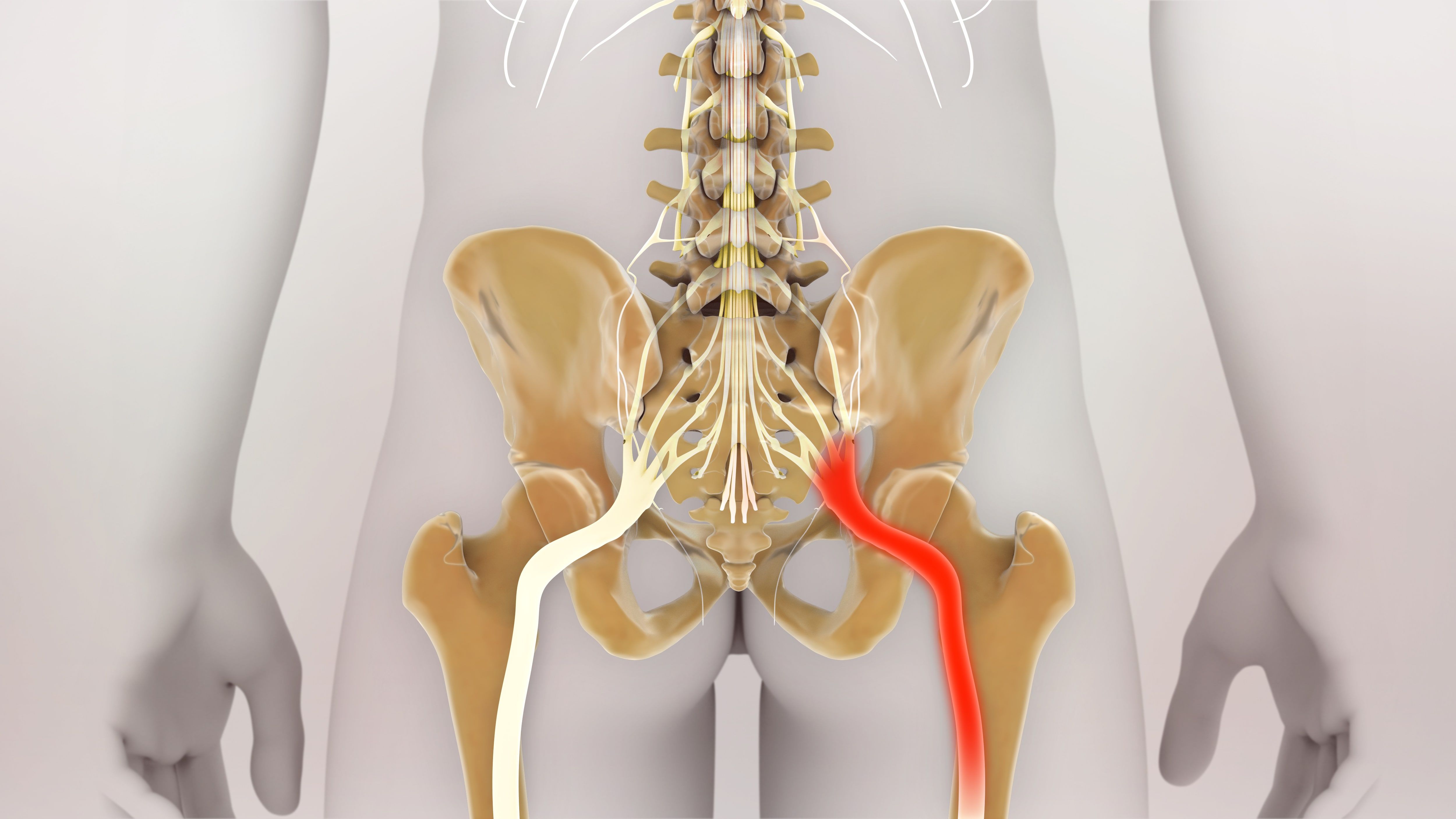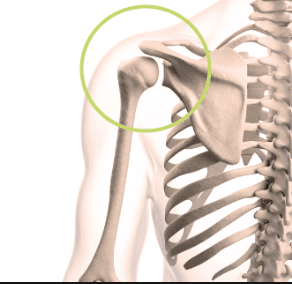Getting to the start line
Jun 28, 2014
The sea of runners starting off their race as all 100 000 of them charge down William Street, has become an iconic image. A race every Sydney sider wants to do at least once – the City2Surf.
The exuberant atmosphere makes the annual event addictive to participate in. From elite runners to weekend warriors competing for their personal best times, to families walking the arduous 14km, we all pass the dare devils doing the event in the guerilla outfit and the bands playing along the way. Who wouldn’t want to get involved? And boy, oh boy, is it frustrating when injuries hold you back from doing the race.
Runners are exposed to overuse injuries due to the repetition of the sport. Overuse injuries occur when the load placed on the body far exceeds what the body can handle. Imagine you have a pencil in your hands that you are trying to bend. As you apply a little bit of force, the pencil bends. But if you keep trying to bend it, eventually it will snap as the force through the pencil exceeds what the pencil can withstand. The same goes for your body. Your body can only reach a certain point before you get an overuse injury.

Common overuse injuries to runners can include stress fractures to the bone, shin splints, the dreaded ITB friction syndrome (see previous blog), wear and tear on the joints and cartilage (see previous blog) and knee cap tracking issues just to name a few.
The most common reason runners are exposed to overuse injuries is that runners just keep running, running, running, just keep running. What do sports like AFL, rugby union and netball have in common that running doesn’t?
These team sports have seasons. The players build up their fitness leading up to the season, play hard for the 14 week duration of the season, they then have at least 6 weeks completely off this sport. Sports exist in seasons to allow the body to rest and recover at the seasons’ end. This is the very reason why people participating in team sports are less likely to get overuse injuries.
Runners, on the otherhand, just keep running throughout the entire year.
It is not uncommon for us runners to get in the mindset of ‘I’ll just run a marathon every 2 months to keep up my marathon fitness’. We don’t factor in the idea of having running seasons. And this must be changed to prevent the notorious overuse injuries that runners so commonly experience.
Runners for your 3 hottest tips for preventing overuse injuries, here is what you need to do:
1. Plan your ‘macro’ cycle
This is your overall plan for the entire year. Develop running ‘seasons’ for yourself so you have periods in the year where you are doing other exercise. For example run through Winter to get yourself ready for the City2Surf or the Sydney Running Festival and train for some ocean swims in the Summer. This will allow you to load different parts of your body at varying times of the year, so no one structure or body part gets overloaded and therefore injured.
2. Plan you ‘micro’ cycle
This is your week to week plan. The average office worker should run no more than 3 times in the week, with each run being spread throughout the week and not on consecutive days. These 3 sessions should be varied within the week, with:
-one run being a shorter, faster run. This is where you can add in your sprints and hill sessions.
-another run at a medium length and moderate intensity
-and the third run should be a longer, slower paced run (how long will depend on what you are training for).
3. Stick to the 10% rule
Look at your training progressions and be disciplined with the 10% rule. You should only increase your training by a maximum of 10% each week. When you are just getting back into running, it can be tempting to start running everyday. Resist that temptation! Instead start with 2 shorter running sessions per week and slowly build up.
Adapt these hot tips to your running training schedule today to get yourself to the start of the race. Then immerse yourself in the electric vibe of the running festival.. just watch out for the guerilla outfit along the way!


